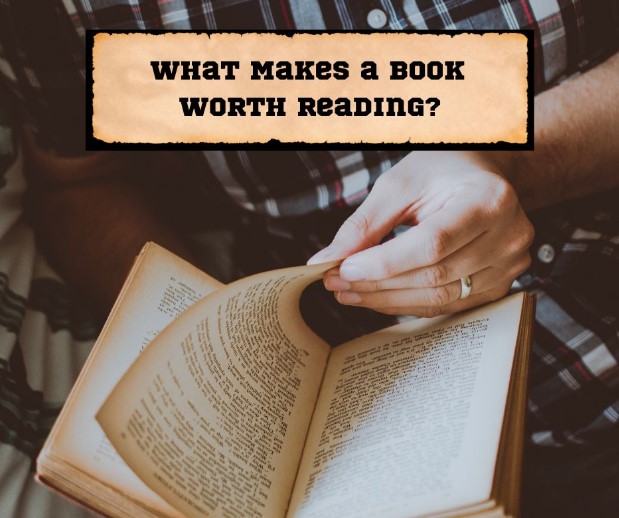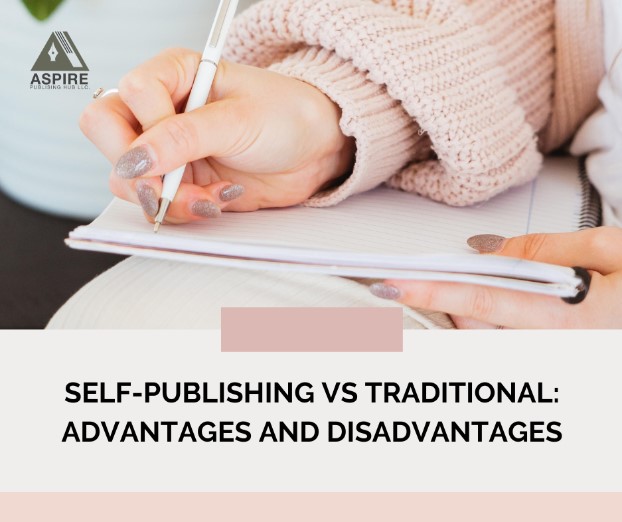Your book will be judged on several factors by the potential reader once they have it in their hands. A book’s front matter, it can give a casual reader an idea of whether or not they’ll find the book interesting.
Others could skim the text to get a feel for how well it is written and whether or not the story is interesting enough to keep their attention.
A Captivating First Page
A compelling first page is crucial to keeping readers engaged throughout the entire book. Therefore, a captivating introduction is crucial to the success of any book.
Both fiction and nonfiction authors can use the first chapter to set the scene, introduce the reader to the protagonist, and establish the stakes of the story.
The beginning pages of a great novel will also establish the work’s genre. For instance, the first chapter of a thriller novel should start with the action breaking out, whereas the first chapter of a fantasy novel should take place in a different realm. Great literature is only as good as its first few pages, and it can make or break a reader’s decision on whether or not to finish the book.
It’s Relatable
Most works of literary fiction that are considered to be among the best in the genre share a similar trait: fascinating characters. Interesting characters fascinate readers by providing them with someone to root for, loathe, or relate to in the text. These characters, like real humans, have many facets and flaws that provide light on the human condition as they rise over adversity and moral trials.
Character Development
Since readers often see the events of a tale from a character’s point of view, character growth is often inseparable from the plot. If the reader doesn’t know who the protagonist is, what they care about, and what scares them, they won’t care about the story’s stakes.
Not only do master storytellers paint detailed portraits of their protagonists, but they also give equal attention to their villains and supporting cast. Popular works, such as the Harry Potter books, have antagonists who are as multifaceted and fascinating as the stories’ heroes.
Interesting Narrative
Any time a reader picks up a book, whether it’s a novel, short story, or any other kind of creative writing, they hope to be delighted by a compelling narrative. The reader should be hooked from the first page by the story’s premise, its development, and its climax.
Many hours are spent organizing and structuring a storyline before writing even begins, so the author will know exactly where to insert important events in the text. If you take the time to plan out your novel’s overall structure, you can increase the likelihood that your storyline will hold readers’ attention throughout. Your story’s pacing will be more effective if you outline it beforehand so that it doesn’t drag or fly by.
Sharp, memorable dialogue is a hallmark of good writing.
Dialogue in bestsellers does more than just pass the time; it also progresses the plot, reveals character, and enriches the setting.
The finest novels include an even distribution of scenes that are heavy on conversation and sequences that describe the action in first- or third-person narration; if one is overemphasized in the initial draft, the author will likely try to redress the balance in subsequent revisions.
The best authors know how to give each of their characters a distinct voice by giving them their own unique vocabulary, syntax, and sentence structure.
A writer’s voice and tone are integral to their writing style.
Word choice, preferred literary methods, sentence structure, and overall approach to writing all contribute to a writer’s distinct “voice.” Writers spend their entire careers perfecting their unique voice, and in the greatest circumstances, readers are treated to a timeless masterpiece written in a voice they’ve never encountered before.
It doesn’t matter if you’re self-publishing your debut novel or working on the next edition of a bestselling series; giving your writing a distinct voice can help readers remember it.
One of the marks of a well-written book is its ability to evoke strong emotions in its audience. An exciting adventure awaits the reader. Whether a given book is”excellent” is a matter of subjective taste. An excellent story told with good prose can still be considered a good book.



